Iran’s Foreign Minister Abbas Araghchi announced on Friday that Tehran has put forward a “fair and balanced” proposal to European powers in an effort to stop the reimposition of United Nations sanctions on the country. Writing on X, Araghchi described the plan as a “creative, fair, and mutually beneficial” initiative that addresses the genuine concerns of all sides involved. He said the proposal was formally presented to Britain, France, and Germany — the E3 — as well as the European Union on Thursday.
Araghchi emphasized that swift action on the proposal could avert a looming diplomatic crisis. “Turning this idea into action can be prompt and resolve the respective bottom lines,” he stated, adding that “Iran cannot be the sole responsible actor” in ensuring the survival of the nuclear framework. His comments came just hours before the UN Security Council was due to vote on whether to restore sweeping economic sanctions on Tehran over its nuclear program.
Diplomatic sources, however, suggested that Iran may not be able to secure the nine votes required to prevent sanctions from being reimposed by the end of the month. The E3 — signatories to the landmark 2015 Joint Comprehensive Plan of Action (JCPOA) — argue that Iran has breached its commitments under the deal, which had initially lifted sanctions in exchange for strict limits on Iran’s nuclear activities.
The JCPOA has been in crisis since the United States unilaterally withdrew in 2018 under then-President Donald Trump, reimposing sanctions on Tehran. In response, Iran gradually rolled back its own commitments from 2019 onward, including curtailing access to its nuclear sites for inspectors from the International Atomic Energy Agency (IAEA).
Tensions escalated dramatically in June when Israel launched an unprecedented assault on Iran, targeting nuclear and military installations as well as residential areas. The strikes killed more than 1,000 people, including senior Iranian commanders and nuclear scientists. Tehran retaliated with missile and drone attacks on Israeli territory, killing dozens, while the United States briefly joined Israel in conducting limited strikes on Iran’s nuclear facilities before a ceasefire ended 12 days of hostilities.
Despite these hostilities, Iran last week reached a new framework with the IAEA after suspending cooperation in the aftermath of the attacks. However, the agency has continued to sound alarms, warning that Iran is enriching uranium to 60 percent purity — far above the JCPOA’s 3.67 percent cap and just short of the 90 percent level required for weapons-grade material. Western powers and Israel maintain that Iran is seeking the capability to build nuclear weapons, an allegation Tehran has repeatedly denied.
Against this backdrop, Araghchi’s proposal represents Tehran’s latest attempt to prevent punitive measures and salvage a nuclear agreement that has been hanging by a thread for years. Whether the international community accepts the offer remains to be seen, but the Security Council’s looming decision could determine not only the future of sanctions but also the trajectory of Middle East stability.

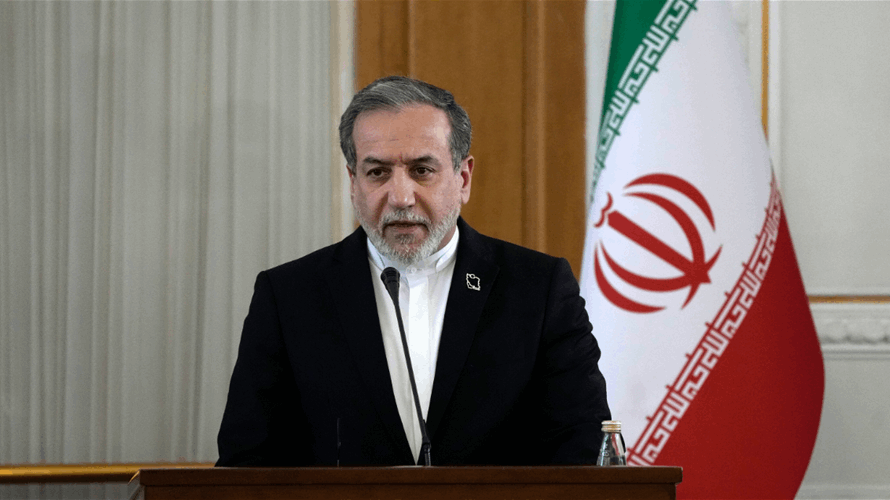





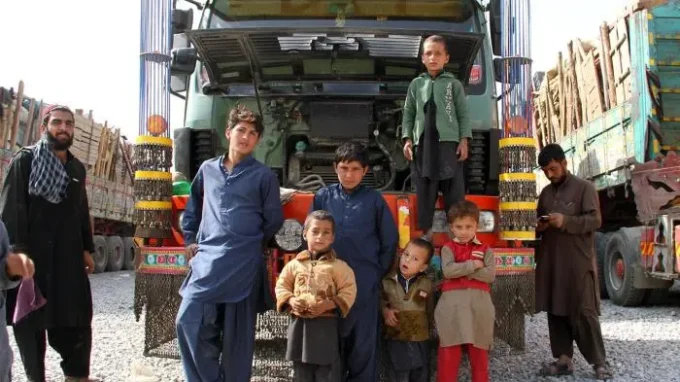
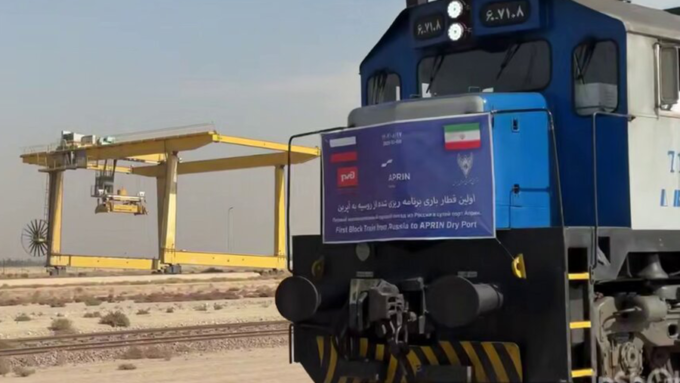
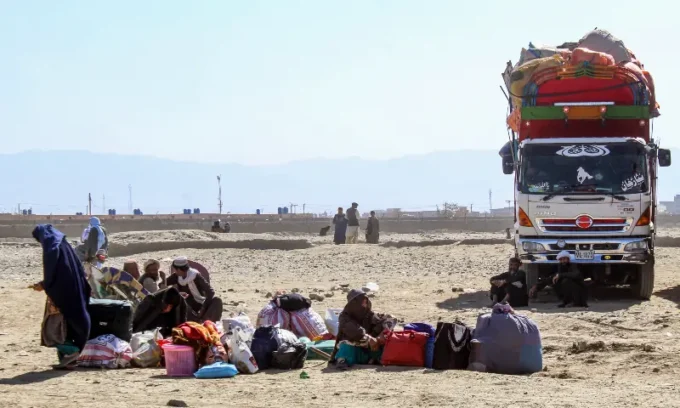
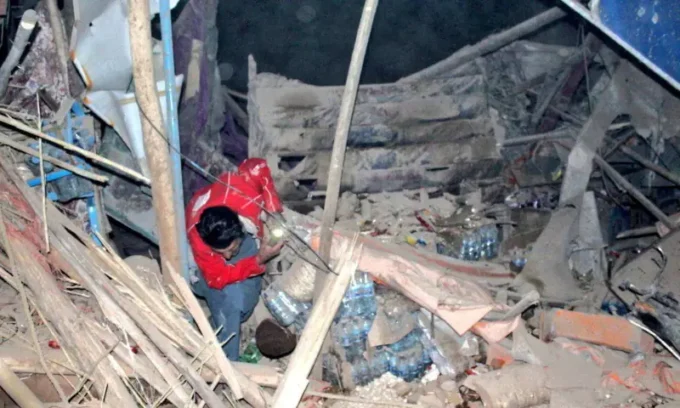




Leave a comment